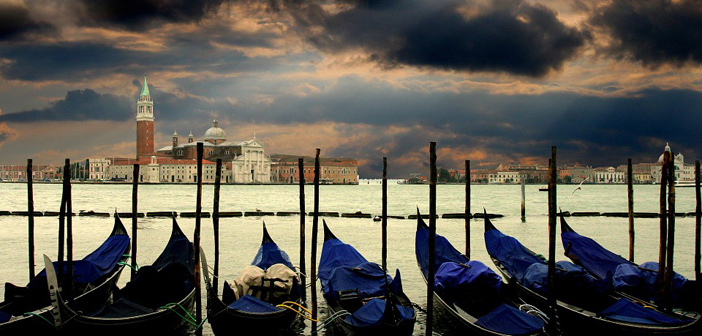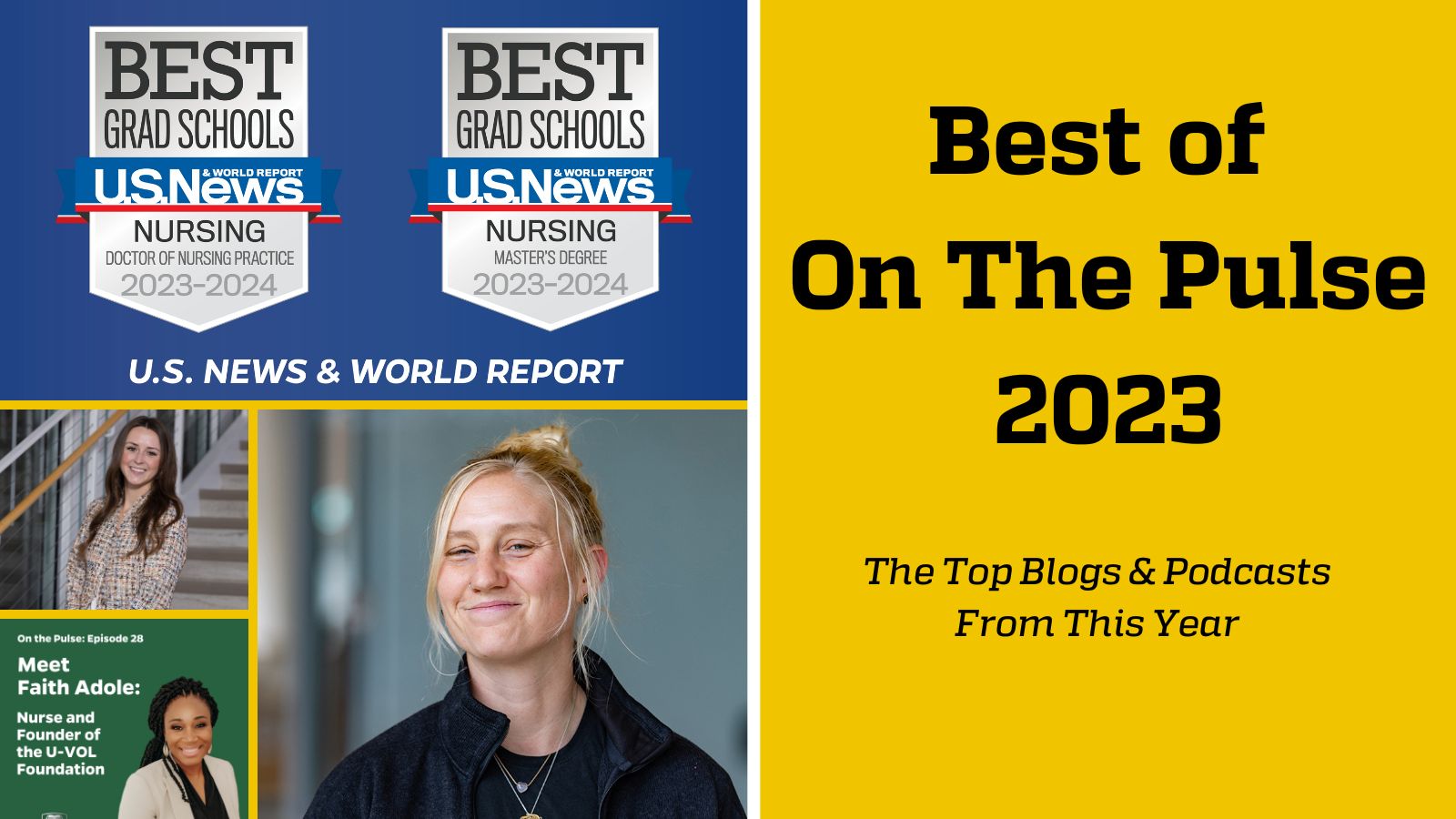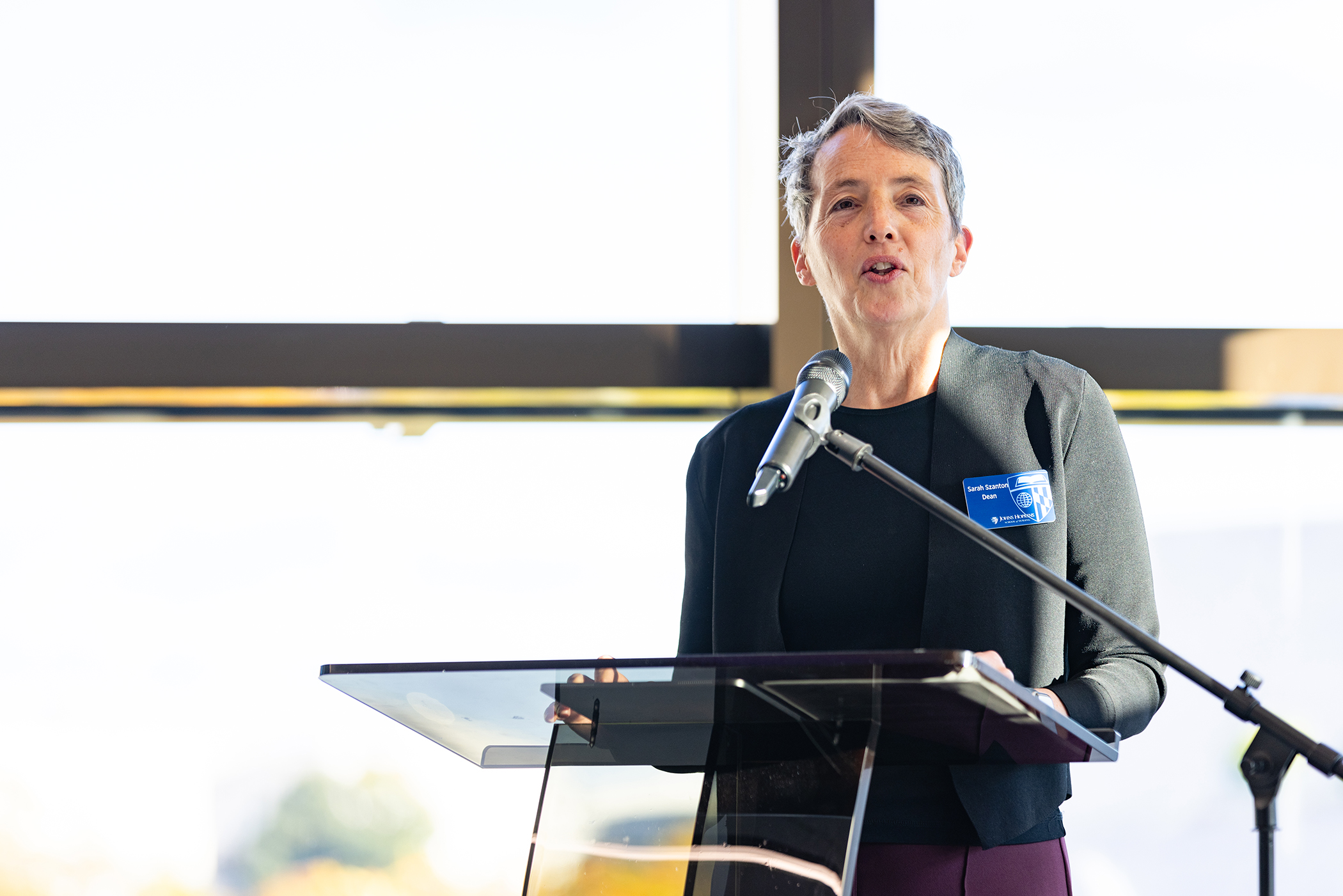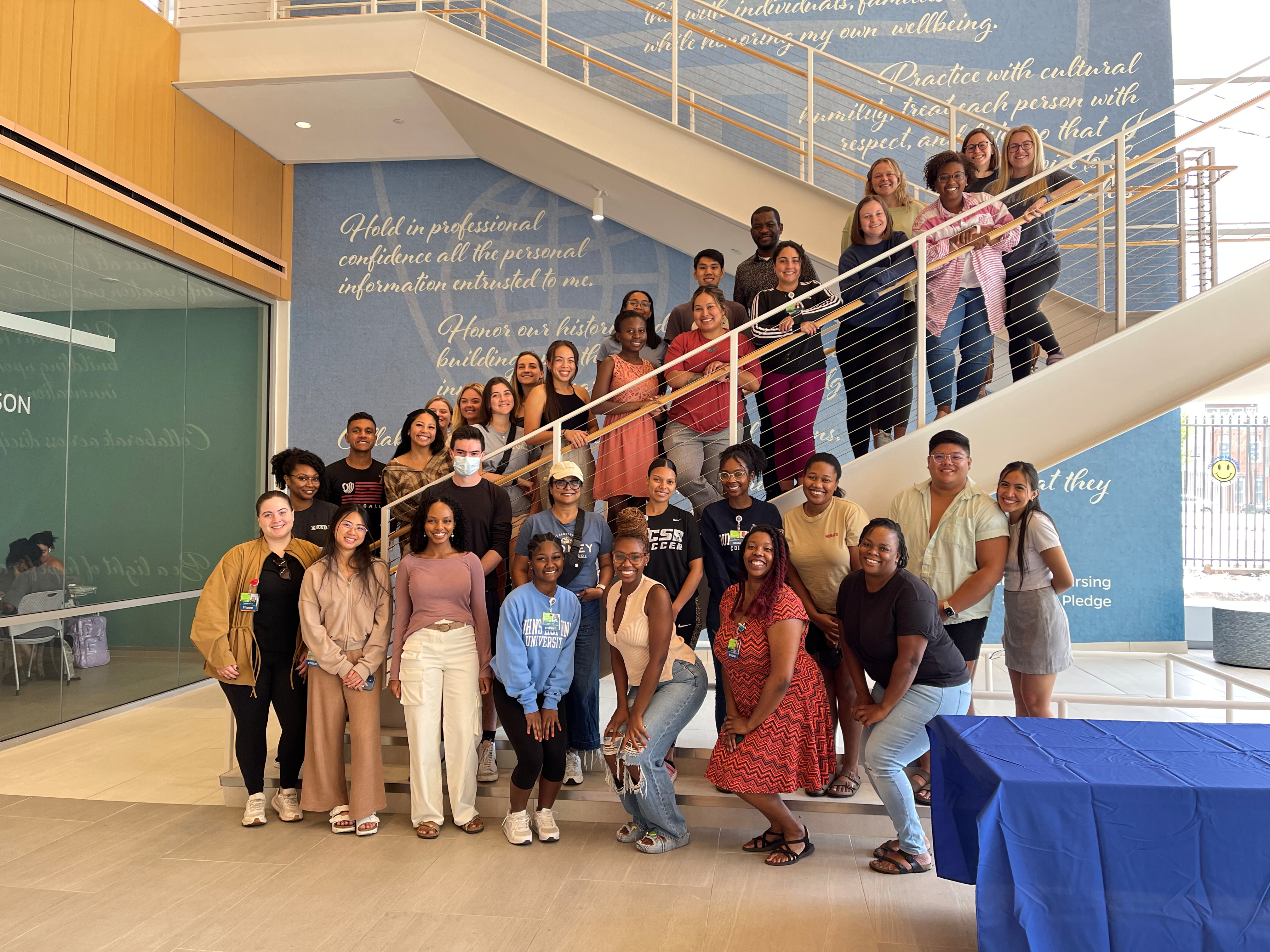By Steve St. Angelo
Many years back, a patrician man named Taylor kindly adopted the six young sons of Italian laborers killed in separate factory accidents. When all were of age, Mr. Taylor told them who they were: Santangelos. In those days, Italian immigrants were WOPs, a slur that was/is shorthand for “without papers,” as in the documents that came from legally passing through Ellis Island. I was not there but can only imagine the faces of these young, full-blooded Americans being told they were basically illegal immigrants. Perhaps it was Mr. Taylor who Americanized the name a bit to St. Angelo to ease the sting and the stigma.
A family split in half, never again to be united or to even see each other. Ever.
There is no judging the three who chose to remain “Taylors.” America has always been a bit rough on whatever next wave of immigrants follows us to these shores in search of a better life for our own children. The name Taylor meant freedom from discrimination. The three who chose “St. Angelo” bid arrivederci to the life of a lawyer’s kids and headed down a very different path. They would be looked down upon and denied opportunities. But they could not deny who and what they were.
It’s a cool story—that I hope I’ve gotten right—one that my late Uncle Jere labored to piece together with names, spouses, places of origin, and birth certificates before he simply ran out of time. The “Santangelo” part I somehow missed until my wife pointed it out just the other day while scanning Jere’s genealogy folder. That sort of explains my college roommate inquiring “who the hell are you?” on move-in day as a freshman. Then a dude named Stephen Santangelo showed up and asked the same thing. The college had messed it up and separated these high school chums. Mr. Santangelo had gotten very lucky, it would turn out. Mr. St. Angelo’s got some hair-raising tales to tell.
Knowing all of this changes absolutely nothing about who I am: an everyday guy with all of the acknowledged privileges of “whiteness” but, alas, only a hint of the lovely olive skin that my cousins possess. (Mom was Irish—every so often a red hair would show up in my formerly brown beard.) “Are we Italian?” I asked my dad once after having been teased by other boys about the ethnicity associated with my funny name. “No, you’re American,” he reassured me. I was and am OK with that. Truth be told, the name sometimes carries benefits … in very specific circles.
The first time I brought my soon-to-be-wife home to Rhode Island, I decided to start with Federal Hill in Providence. This was the home base of old New England mafia boss Raymond Patriarca’s clan, meaning its streets were the cleanest and safest in the city. And the food! We approached a cute little eatery with the requisite tricolore-inspired awning just as a Scandinavian-looking couple was being turned away. Mary insisted we try anyway.
“What’s your name?” the proprietor asked, eyeing me.
“St. Angelo! For you, we have room!”
We ended up at the center of the restaurant, at half a table pulled from beneath the dishes of another clearly non-Italian couple. Red-checked tablecloth? Check! Candle in the wine bottle? Check! Violin serenade? Check! Impressed fiancee? You know it. She almost decided to take my name. (I wasn’t sure I wanted her to, anyway. I mean, you gotta earn benefits like that, am I right?)
It remains a favorite story to share, and I remain fascinated not so much in genealogy as in how we get to know who we are and what we are. Like, how do you accept, embrace, and fight for the knowledge that you are not really the person you have been raised to be? My grandfather decided to forgo wealth, live as a WOP, and to let anyone try to call him that to his face. (My grandmother, on the other hand, was a WASP who pulled her kids out of a school when she learned that its teachers sometimes spoke in Italian. It was a different time. Or maybe not.)
Anyway, my fascination is reinforced when I meet people like Paula Neira, a nurse educator across the street at Johns Hopkins Hospital. And here we need to get a bit more serious. Because she faced a more modern choice, the difficulty of which few of us could comprehend: Live as a Naval Academy-educated, male officer with a bright military future, or chuck it all to be who she truly is. Her courage and strength are an inspiration. From the latest issue of Johns Hopkins Nursing, and very worth a full look:
EXCERPT: Neira, who worked as an attorney with the Service Members Legal Defense Network to bury “Don’t Ask, Don’t Tell,” was recently honored as a sponsor of the USNS Harvey Milk, a Navy oiler to be built as part of the John Lewis Class of service vessels. … Neira says she feels blessed, even after such a torturous journey.
Paula Neira knows that the fight is not over. She’s also determined, as my grandfather was, to be who she is:
“Twenty-five years from now, some kid will be able to do what I couldn’t do.”
Read the full story.
 Steve St. Angelo the son of an emergency room nurse, is a former editor for U.S. News & World Report, The Baltimore Sun, and Newsday, and since Fall 2012 he has served as the School’s editorial strategist and magazine editor. When not telling the stories of the nursing students and researchers, he is very likely running an old printing press at Typecast, a letterpress shop he owns with wife Mary Mashburn.
Steve St. Angelo the son of an emergency room nurse, is a former editor for U.S. News & World Report, The Baltimore Sun, and Newsday, and since Fall 2012 he has served as the School’s editorial strategist and magazine editor. When not telling the stories of the nursing students and researchers, he is very likely running an old printing press at Typecast, a letterpress shop he owns with wife Mary Mashburn.

 You’re Welcome
You’re Welcome Nursing Named Most Trusted Profession for 22nd Consecutive Year
Nursing Named Most Trusted Profession for 22nd Consecutive Year Best of On The Pulse 2023
Best of On The Pulse 2023 From the Dean: Here & Now
From the Dean: Here & Now The Learning Collaborative: ‘I Think I Can, I Think I Can …’
The Learning Collaborative: ‘I Think I Can, I Think I Can …’







